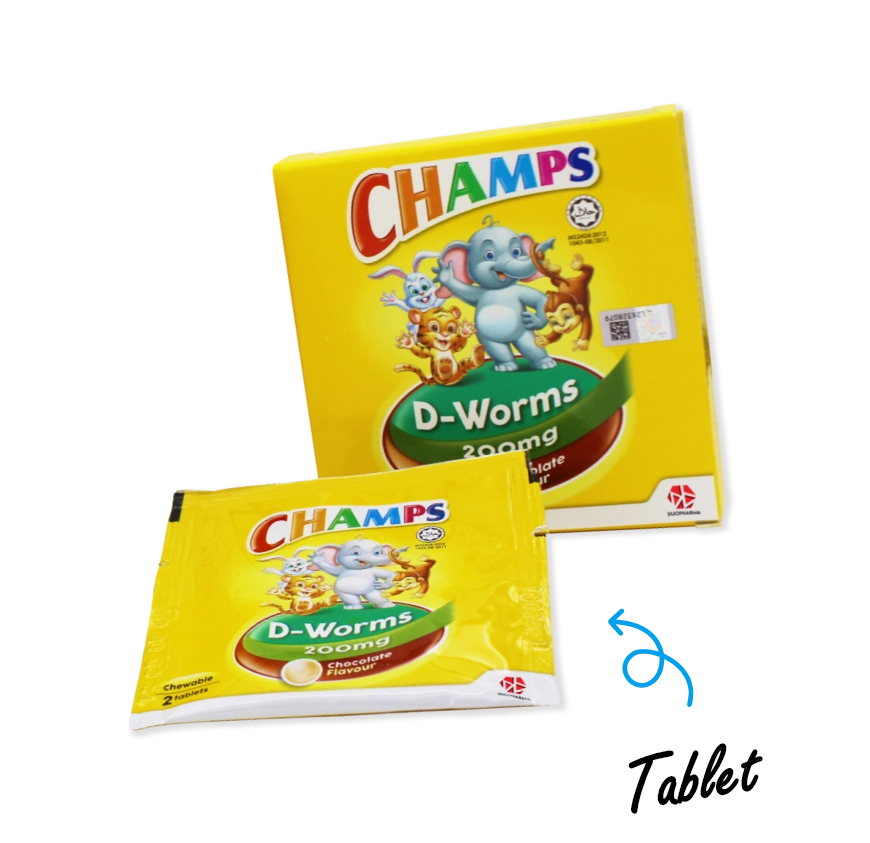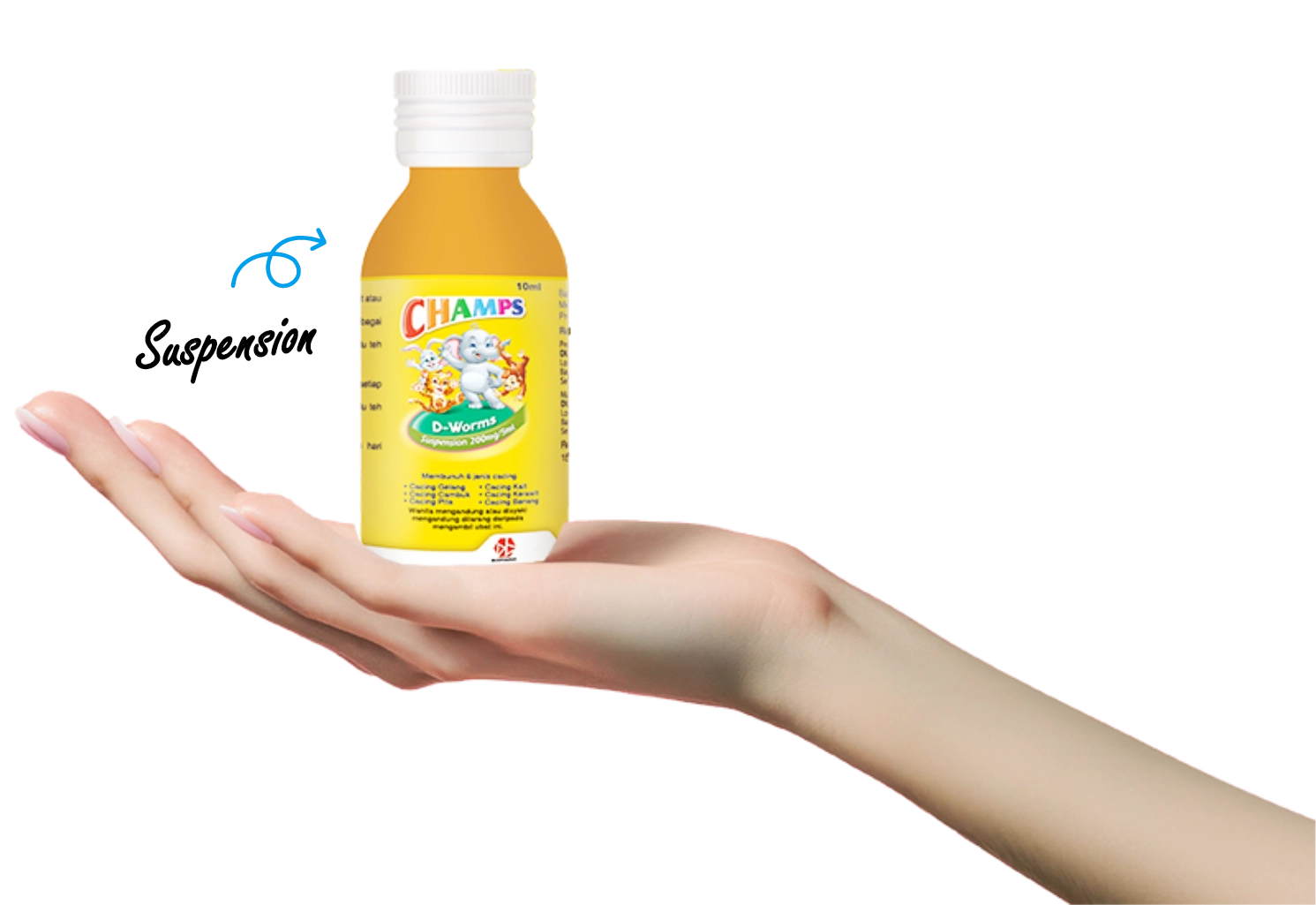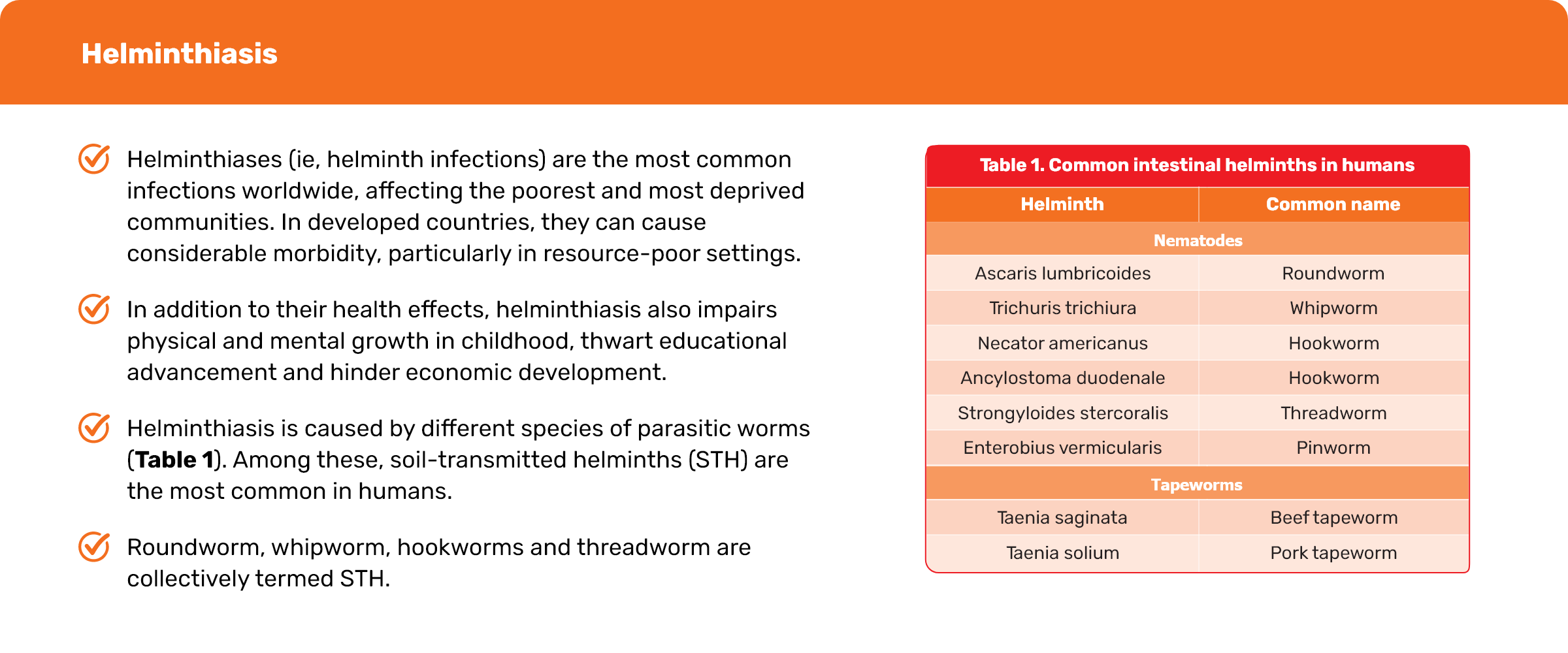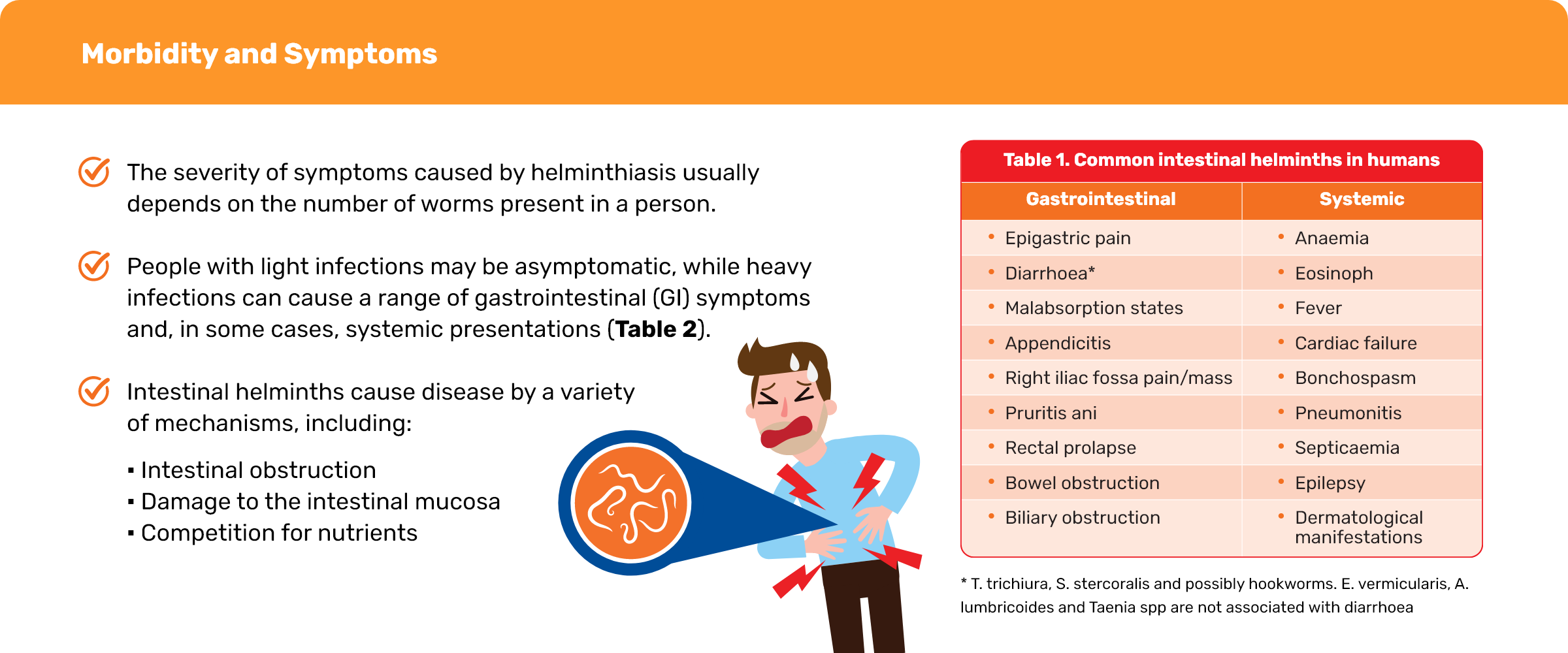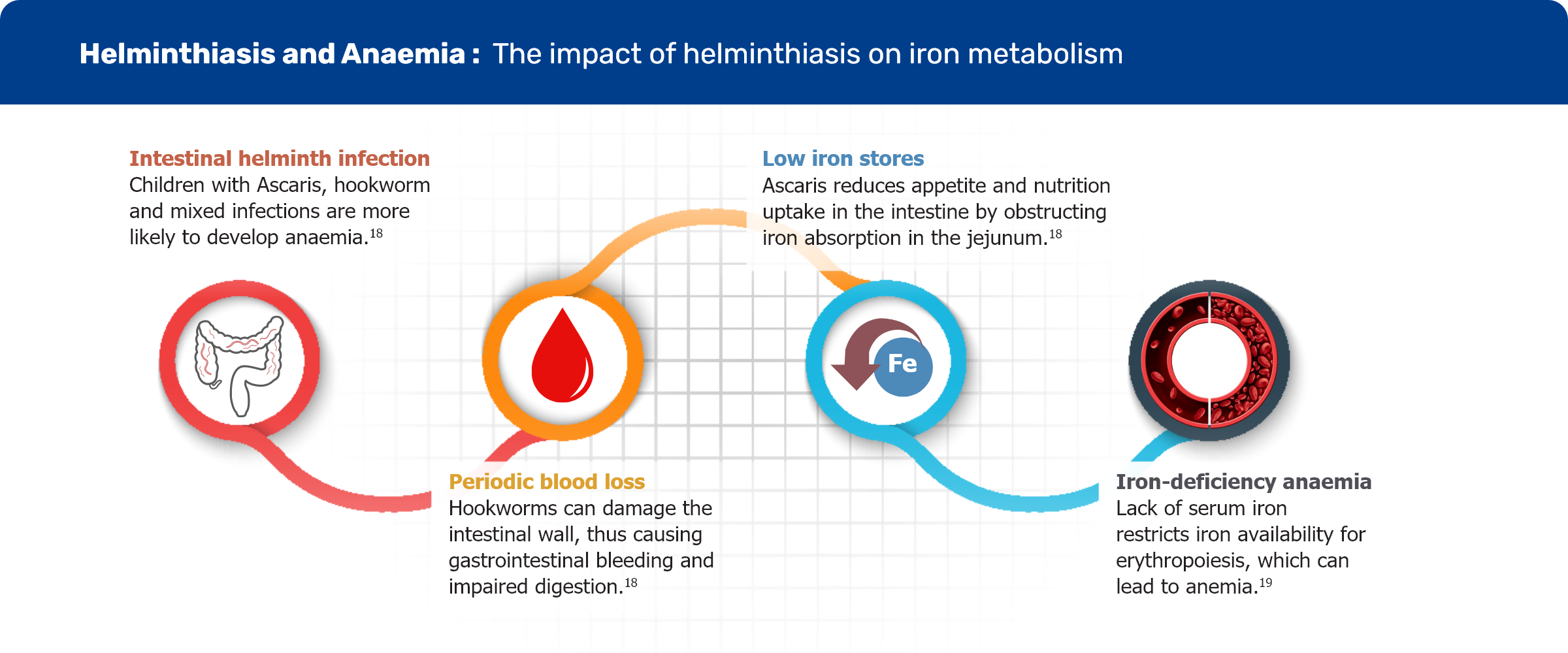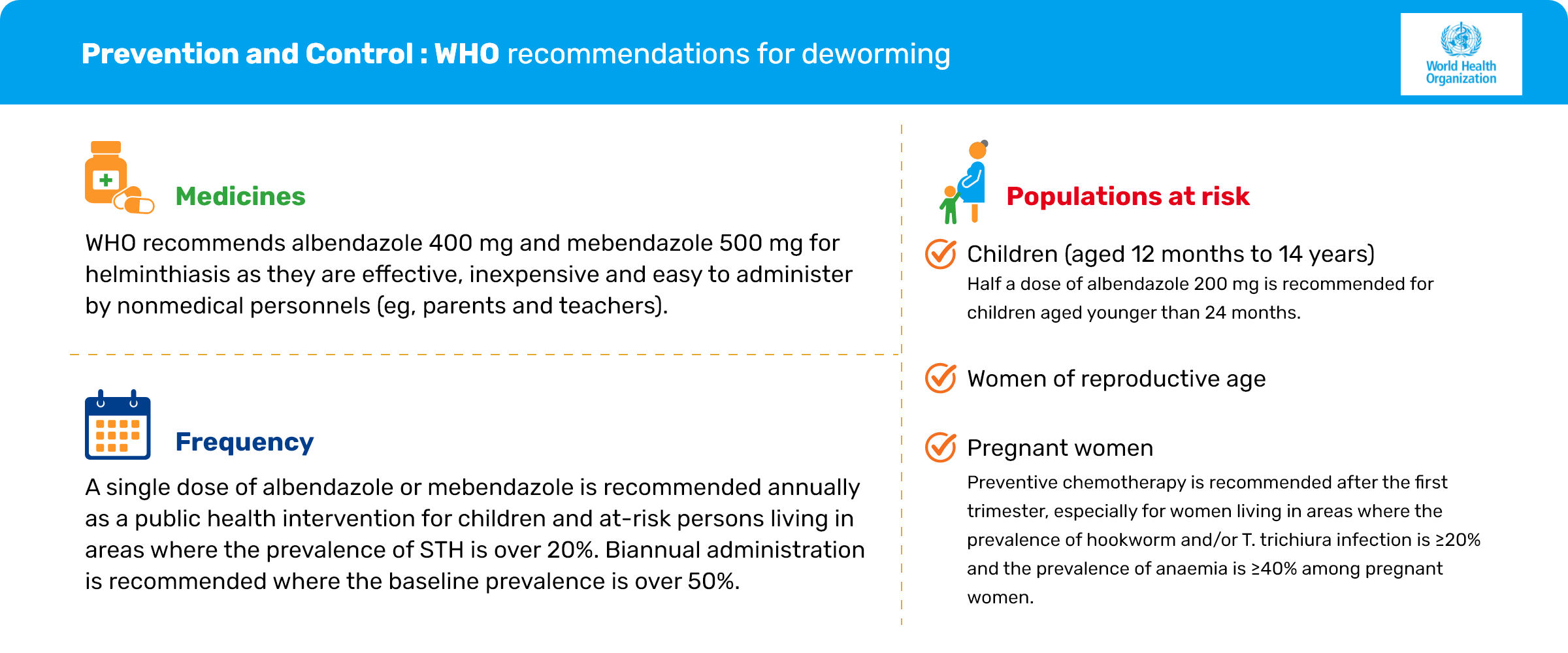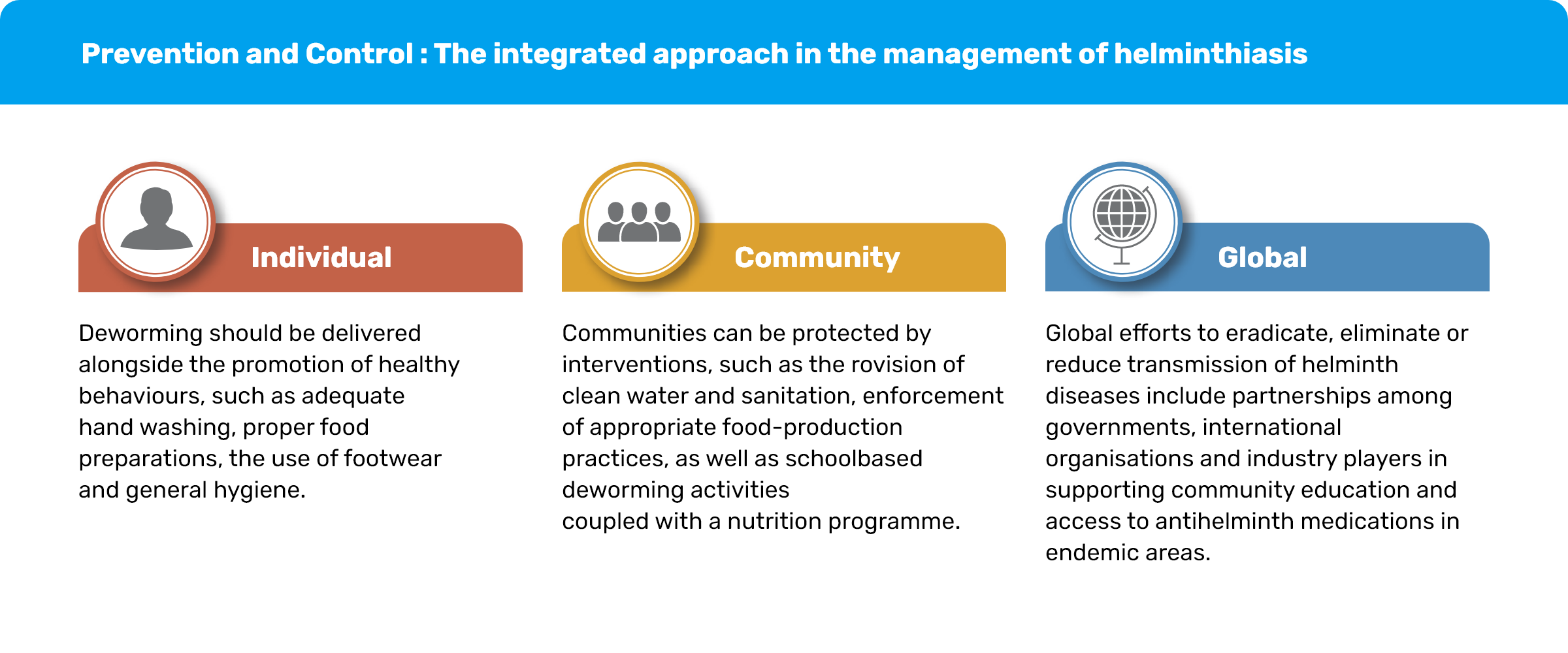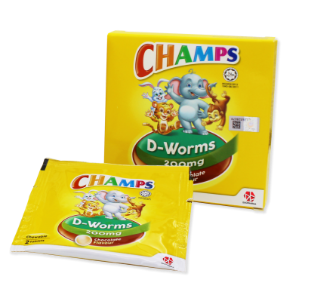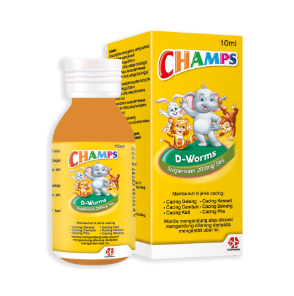
- Helminthiases (ie, helminth infections) are the most common infections worldwide, affecting the poorest and most deprived communities. In developed countries, they can cause considerable morbidity, particularly in resource-poor settings.
- In addition to their health effects, helminthiasis also impairs physical and mental growth in childhood, thwart educational advancement and hinder economic development.
- Helminthiasis is caused by different species of parasitic worms (Table 1). Among these, soil-transmitted helminths (STH) are the most common in humans.
- Roundworm, whipworm, hookworms and threadworm are collectively termed STH.

- The severity of symptoms caused by helminthiasis usually depends on the number of worms present in a person.
- People with light infections may be asymptomatic, while heavy infections can cause a range of gastrointestinal (GI) symptoms and, in some cases, systemic presentations (Table 2).
-
Intestinal helminths cause disease by a variety of mechanisms, including:
▪ Intestinal obstruction
▪ Damage to the intestinal mucosa
▪ Competition for nutrients

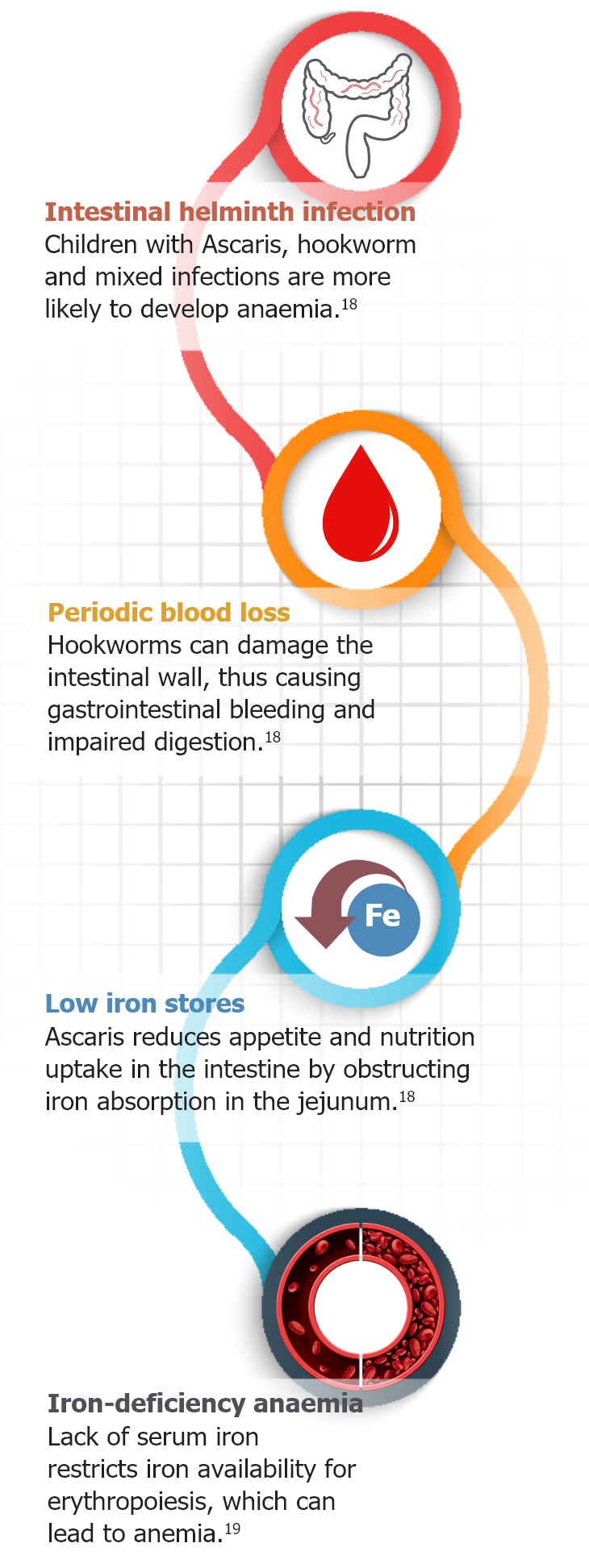
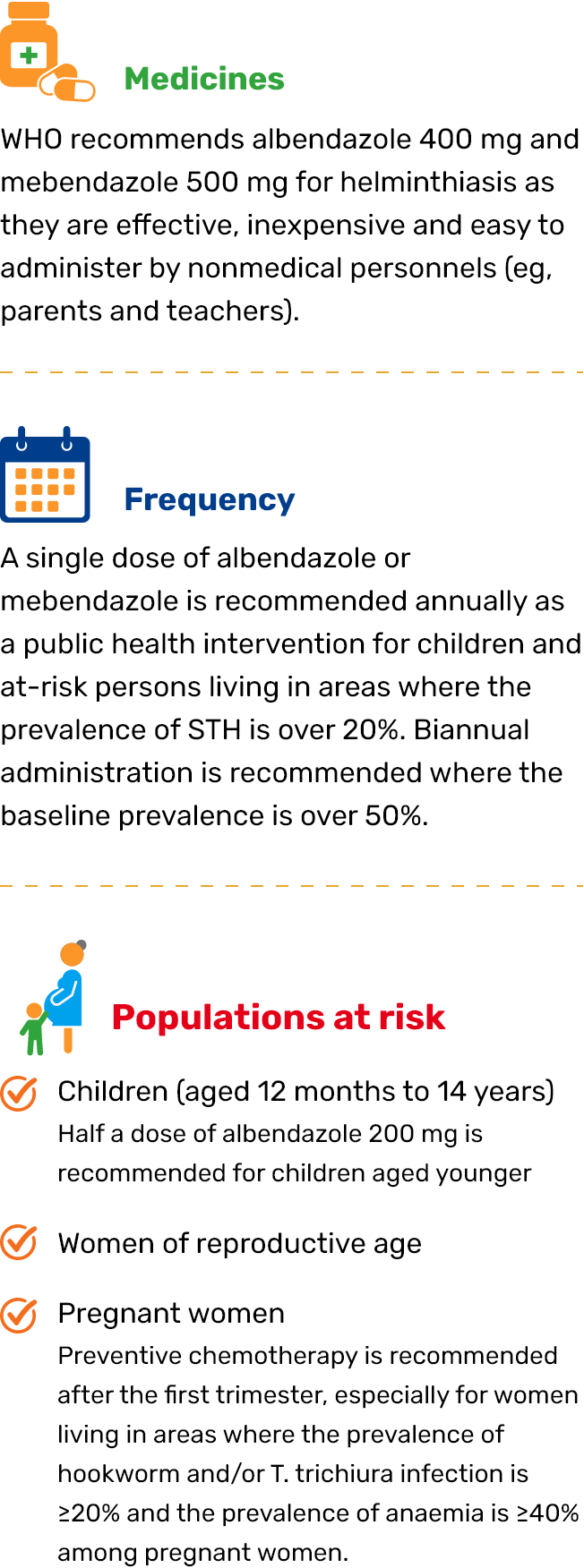


- The main ingredient in CHAMPS® D-Worms is Albendazole.
- Typically administered as a 400 mg oral dose.
- Principal antihelmentic drug to combat intestinal helminth infections.

Broad spectrum of activity against six types of helminths Roundworm, whipworm, hookworm, threadworm, pinworm and tapeworm
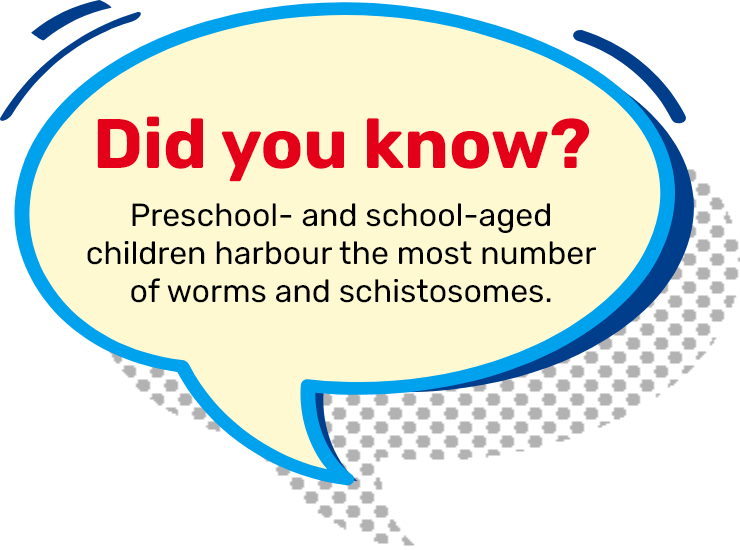
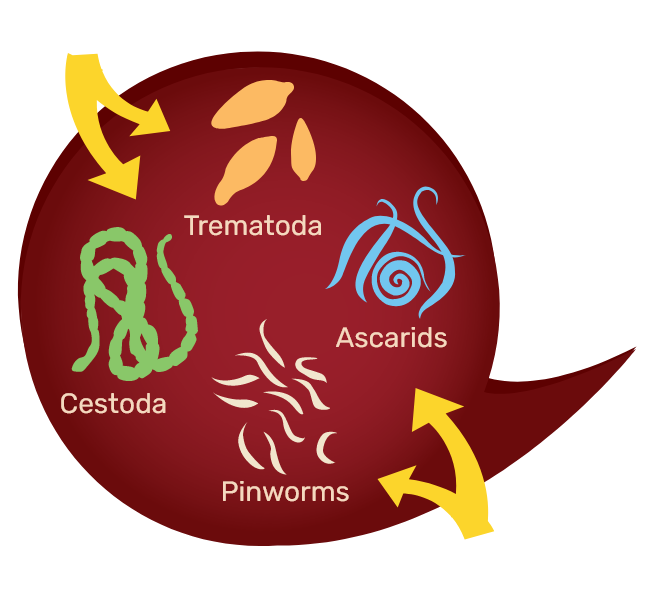





#HealthTalks: Expert Insights on Deworming
Hear from certified doctors as they share essential tips to support children's health through effective deworming
健康讲座: 驱虫专家见解
听取认证医生的意见,他们将分享通过有效驱虫来支持儿童健康的关键建议。

